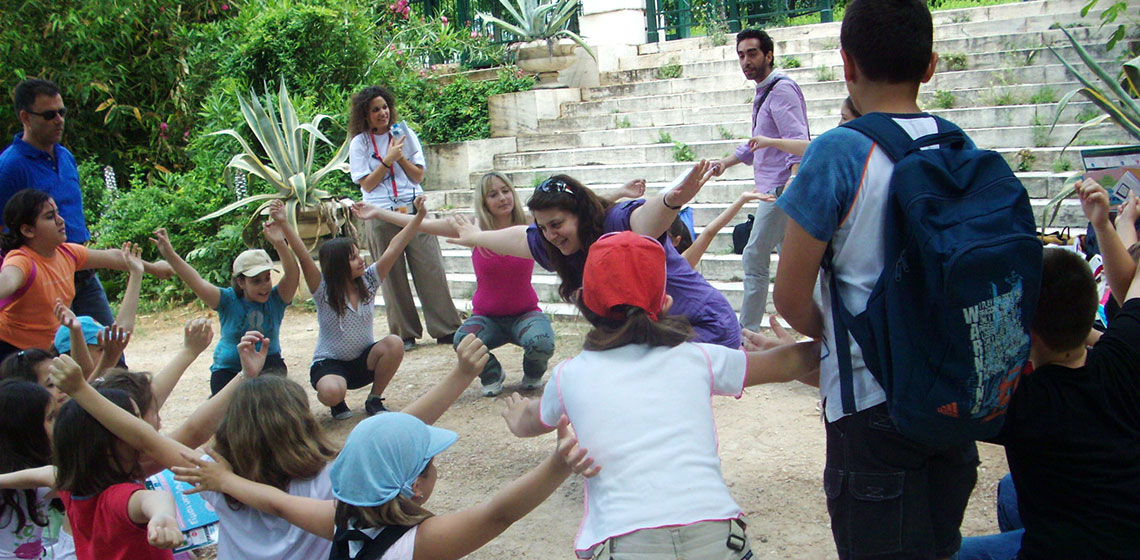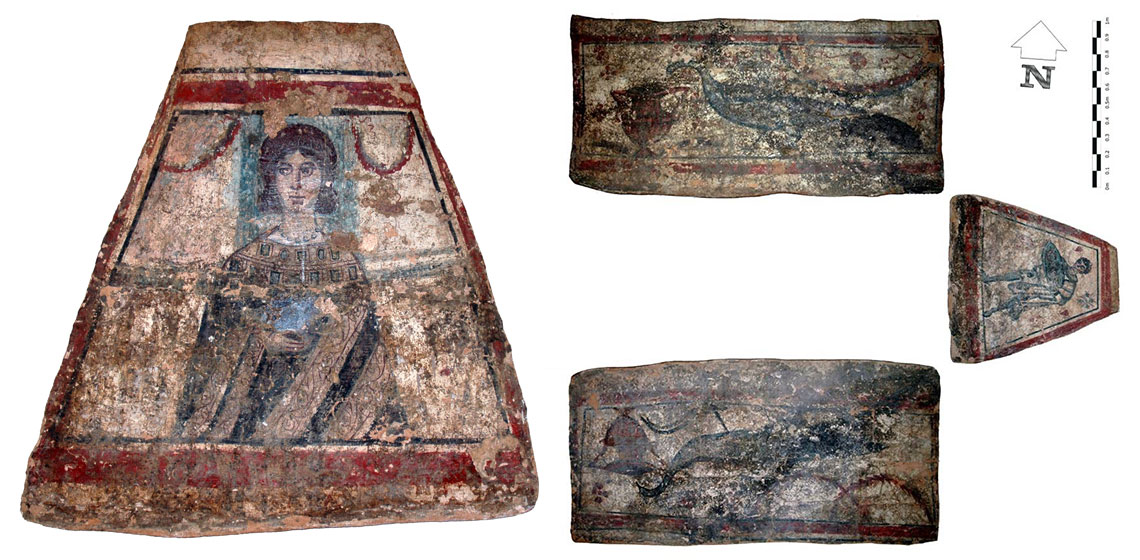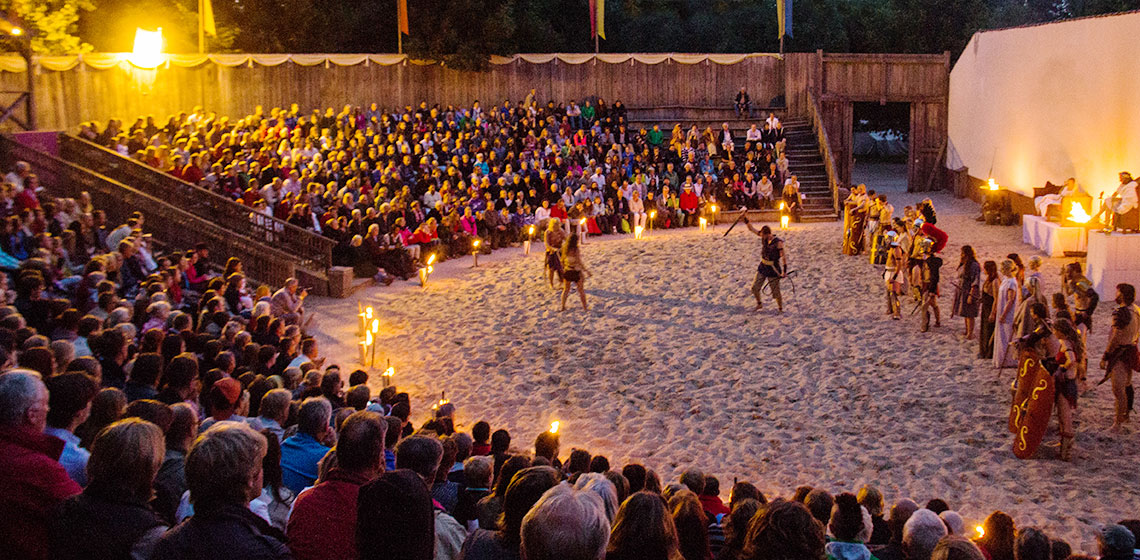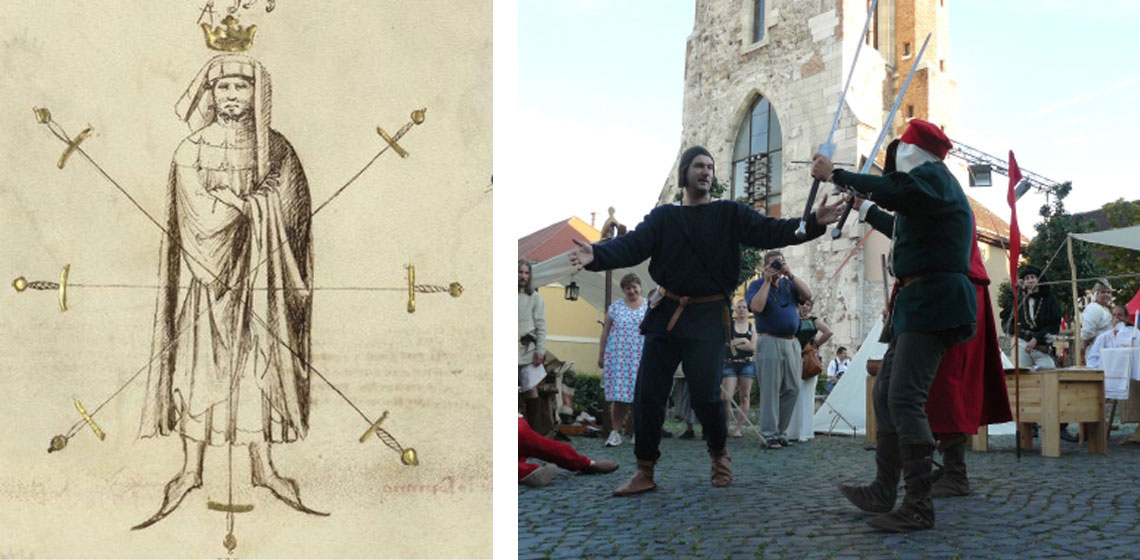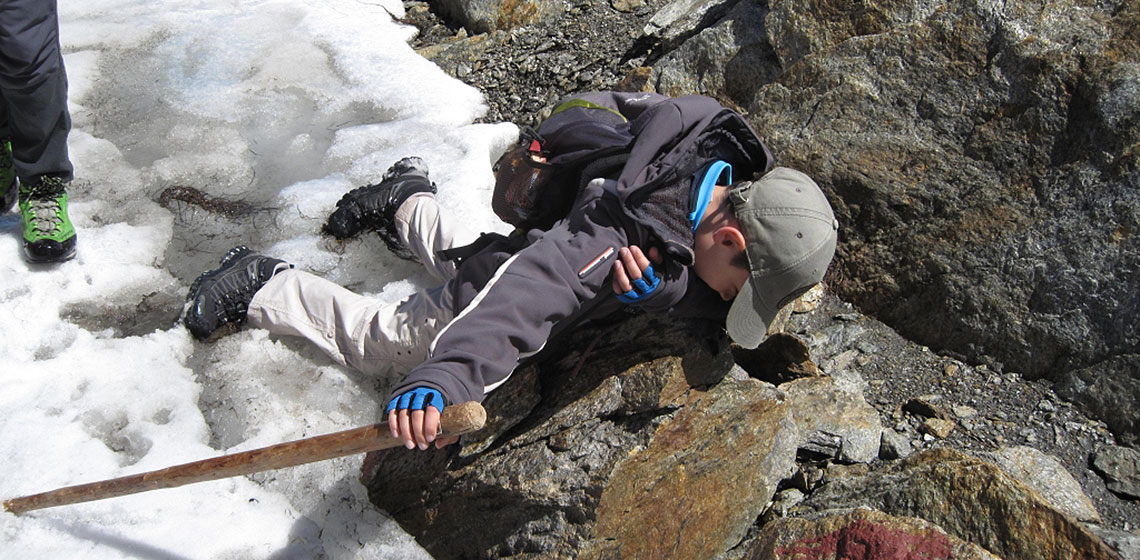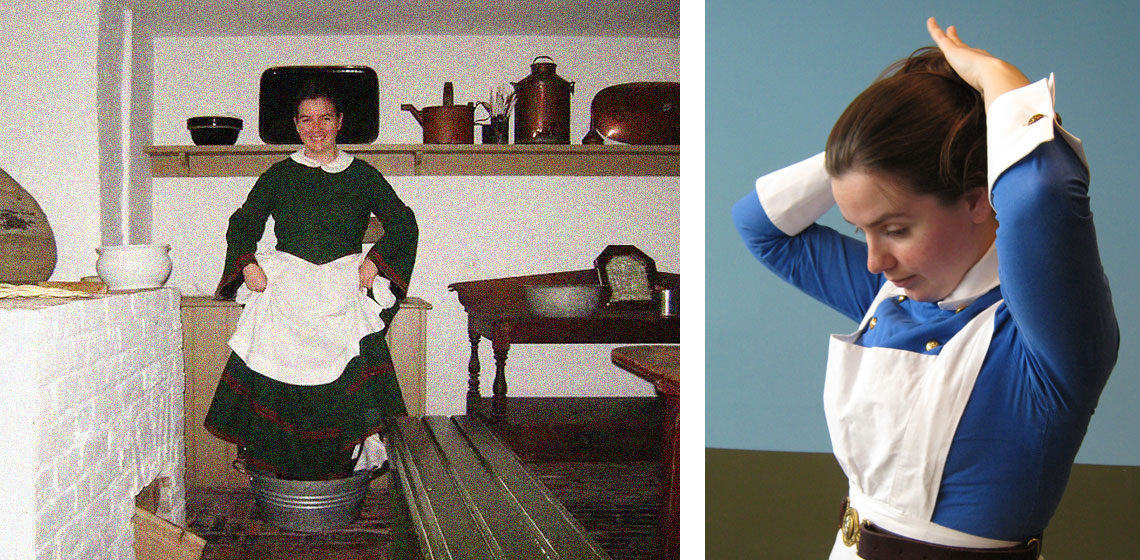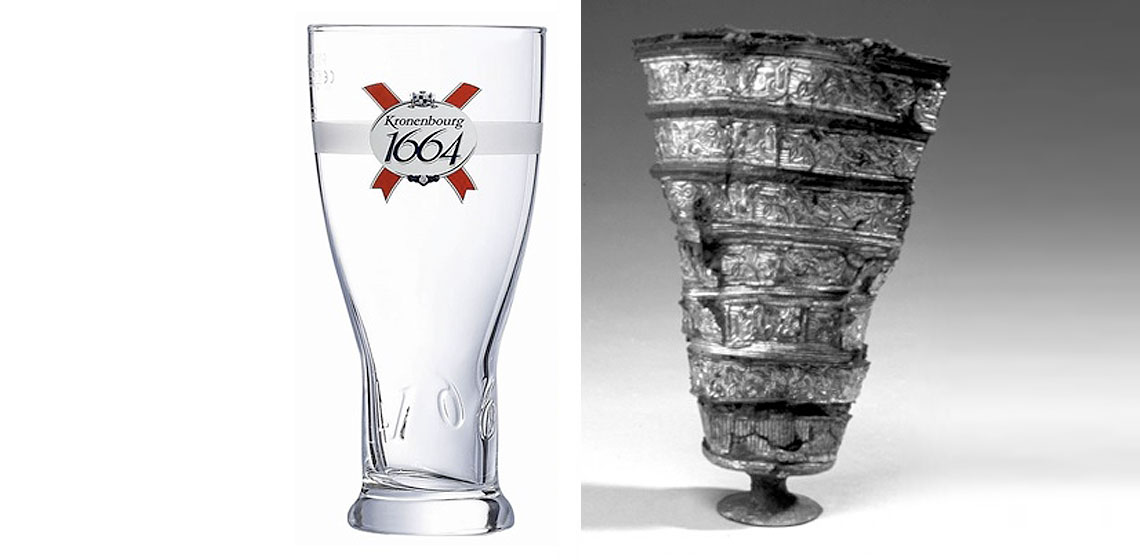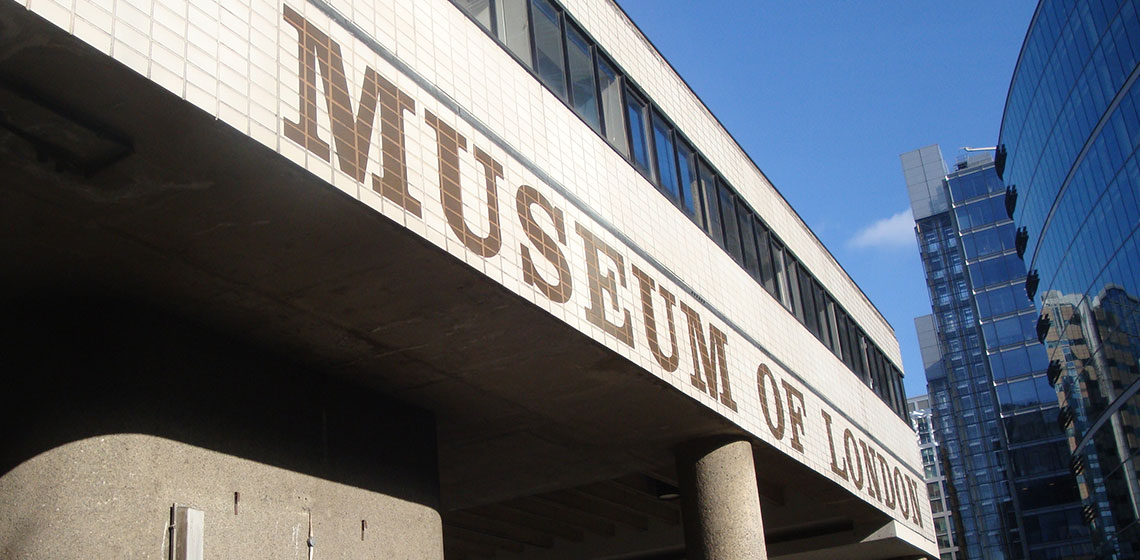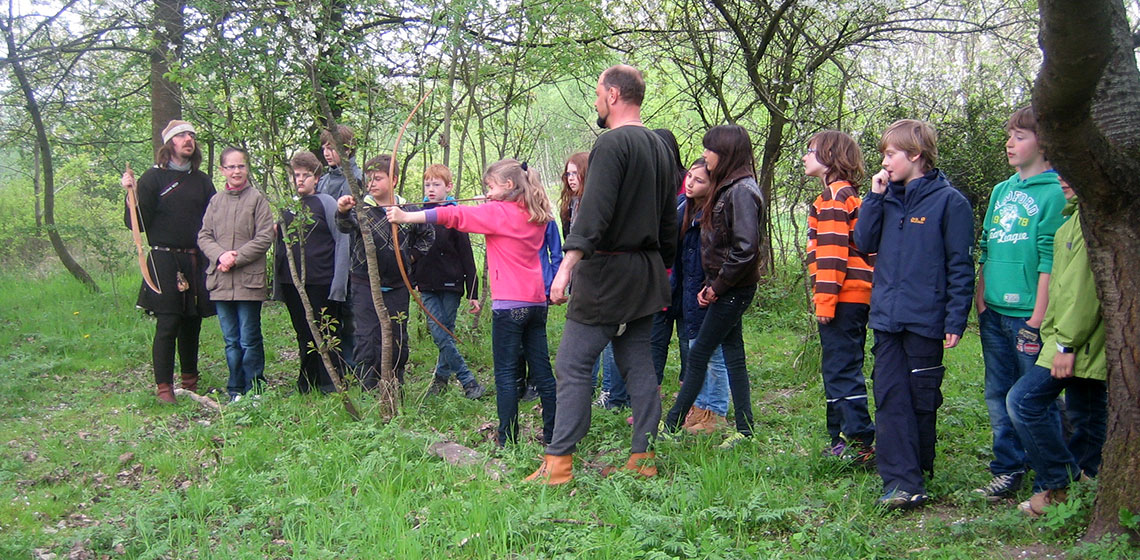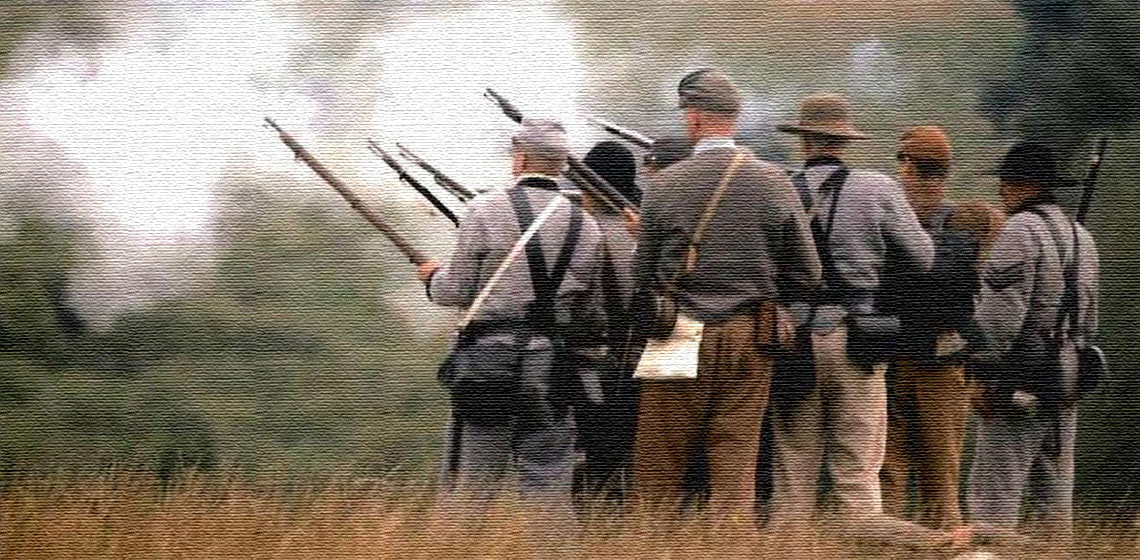Museum Theatre in Greece: Perspectives in Site Interpretation
Introduction
Museum theatre as an umbrella-term is used to describe a variety of performative events aimed to interpret fragments of cultural heritage. In the framework of one of the main challenges contemporary museums face, that of having a social impact while dealing with heritage, whom values and narratives can always be “contested and disputed” (Smith 2011, 70), museum theatre has proved that not only can it enforce a constructivist approach in a museum environment but it can also generate debate and promote critical thinking on controversial issues (Farthing 2010).
